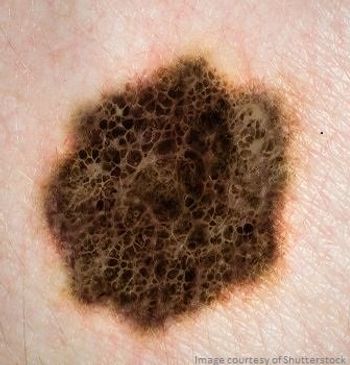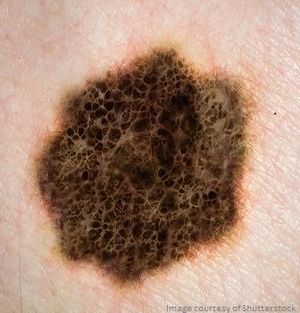
Highly druggable ion channels, which are common therapeutic targets for heart disease and neurological conditions, may represent useful targets in cancer treatment as well, according to researchers from the University of California at San Francisco.

Your AI-Trained Oncology Knowledge Connection!


Highly druggable ion channels, which are common therapeutic targets for heart disease and neurological conditions, may represent useful targets in cancer treatment as well, according to researchers from the University of California at San Francisco.

T cells generated from tumor-draining lymph nodes of patients with stage III melanoma were shown to mediate protective immune responses in vivo in a melanoma xenograft model, according to a report published in the Journal of Immunotherapy.

MicroRNA (miRNA) profiling of samples from patients with metastatic melanoma who were treated with carboplatin/paclitaxel (CP) identified significantly higher expression of a specific microRNA (miR-659-3p) that was associated with longer progression-free survival (P = .008).

Prostate cancer cells with a specific mutation profile have been found to secrete IL-6, which in turn activates the oncogene MYC to drive cell proliferation and disease progression.

Cuba is well known in the US for high quality cigars and rum, but less widely appreciated is the innovative research carried out in Cuba’s Center for Molecular Immunology. That could change if clinical studies of the cancer vaccine CIMAvax go well.

Initiation and progression of the rare and often fatal brain cancer, choroid plexus carcinoma (CPC), depends on the presence of genes transcription initiation factor TFIID subunit 12 (TAF12) and nuclear transcription factor Y (NFYC), both transcription factors that regulate the epigenome, and DNA repair and recombination protein RAD54-like (RAD54L), a component in DNA homologous repair.

Leading cancer institutes from across the country are collaborating with IBM Watson Health to use the power of cognitive computing to personalize cancer treatment, according to a statement by the company.

Japanese drug maker Eisai announced that the multiple kinase inhibitor lenvatinib, alone and in combination with everolimus, has been shown to prolong progression-free survival (PFS) in patients with unresectable advanced or metastatic renal cell carcinoma (mRCC).

Published: February 2nd 2015 | Updated:

Published: May 13th 2015 | Updated:

Published: May 18th 2015 | Updated:

Published: May 19th 2015 | Updated:

Published: June 10th 2015 | Updated:

Published: June 18th 2015 | Updated: